The 2023 Nobel Prize in Physiology or Medicine was awarded to Katalin Karikó and Drew Weissman for their work on nucleosides that helped develop an mRNA vaccine against Covid-19.
According to the Nobel Committee's announcement, the discoveries of the two scientists who won the 2023 Nobel Prize in Physiology or Medicine were crucial to the development of mRNA vaccines against Covid-19 when the pandemic began in early 2020. Their groundbreaking findings fundamentally changed humanity's understanding of how mRNA interacts with the immune system.
“Through groundbreaking discoveries that have almost completely changed our understanding of mRNA and its interactions with the immune system, the Laureates have contributed to the unprecedented pace of vaccine development during a time when we are facing one of the greatest health threats ever,” the Prize Committee said.
Thomas Perlmann, secretary of the Nobel Assembly, announced the prize and said both scientists were “overwhelmed” when contacted.
Gunilla Karlsson Hedestam, a member of the jury that selected the winner, said the scientists had helped “save lives, and especially in the early stages of the pandemic, that was very important.”
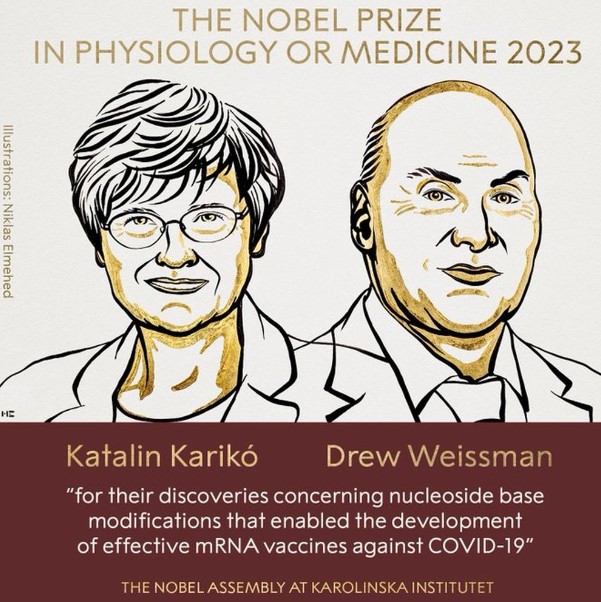
2 scientists won the 2023 Nobel Prize in Medicine. Photo: Nobel Prize
Katalin Karikó was born in 1955 in Szolnok, Hungary. She received her PhD from the University of Szeged in 1982 and did her postdoctoral research at the Hungarian Academy of Sciences in Szeged until 1985. She then did her postdoctoral research at Temple University, Philadelphia and the University of Health Sciences, Bethesda, USA. Since 2021, she has been a professor at the University of Szeged and the Perelman School of Medicine at the University of Pennsylvania.
Drew Weissman was born in 1959 in Lexington, Massachusetts, USA. He received his PhD from Boston University in 1987. He received his clinical training at Beth Israel Deaconess Medical Center, Harvard Medical School, and his postdoctoral research at the National Institutes of Health. In 1997, Weissman established a research group at the Perelman School of Medicine at the University of Pennsylvania. He is currently the Director of the RNA Innovation Institute at the University of Pennsylvania.
Last year's Nobel Prize in Physiology or Medicine was awarded to Swedish scientist Svante Paabo for his discoveries about human evolution, which helped unlock the secrets of Neanderthal DNA and provided important insights into the immune system, including its vulnerability to Covid-19.
Svante Paabo is the second person in his family to win a Nobel Prize. Svante Paabo's father, Sune Bergstrom, won the Nobel Prize in Medicine in 1982.
The Nobel Prize comes with a cash prize of 11 million Swedish kronor ($1 million). The money comes from the will of the prize's creator, Swedish inventor Alfred Nobel, after his death in 1896. This year, the Nobel prize money was increased by 1 million kronor ($91,571) due to the devaluation of the Swedish currency.
The Nobel Prize announcements will continue with the physics prize on October 3, chemistry on October 4 and literature on October 5. The Nobel Peace Prize will be announced on October 6 and the economics prize on October 9.
The Nobel laureates will be invited to receive their awards at ceremonies on December 10, the anniversary of Nobel's death. In accordance with Nobel's wishes, the prestigious peace prize will be presented in Oslo, Norway, while the other awards will be presented in Stockholm, Sweden.
Minh Hoa (reported by VTC, Lao Dong)
Source



![[Photo] Special flag-raising ceremony to celebrate the 135th birthday of President Ho Chi Minh](https://vphoto.vietnam.vn/thumb/1200x675/vietnam/resource/IMAGE/2025/5/19/1c5ec80249cc4ef3a5226e366e7e58f1)

![[Photo] Party and State leaders visit President Ho Chi Minh's Mausoleum](https://vphoto.vietnam.vn/thumb/1200x675/vietnam/resource/IMAGE/2025/5/19/d7e02f242af84752902b22a7208674ac)




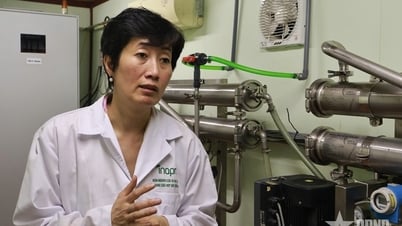










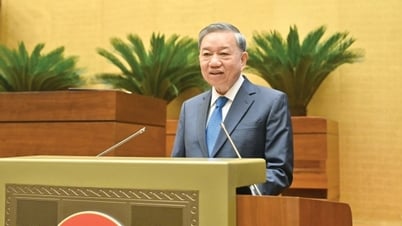
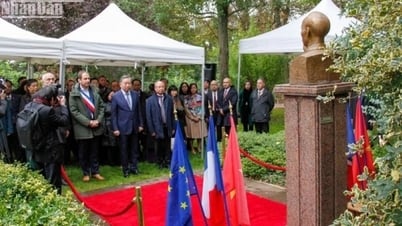
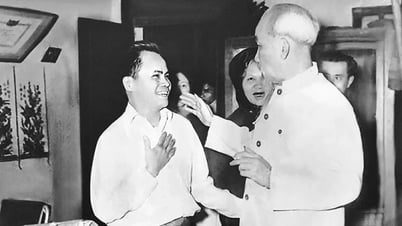































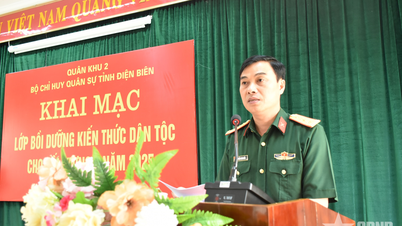







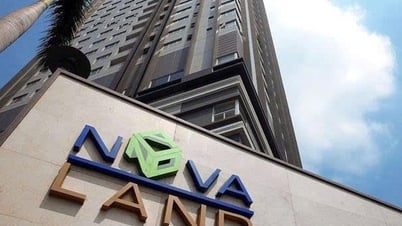




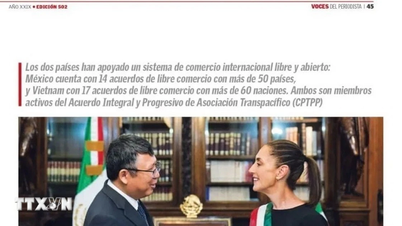
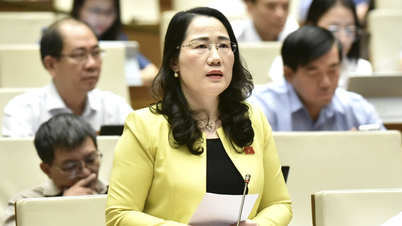
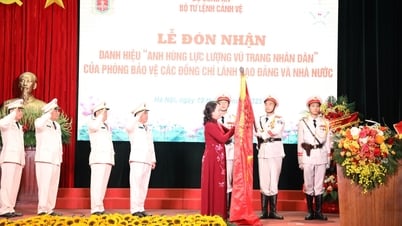




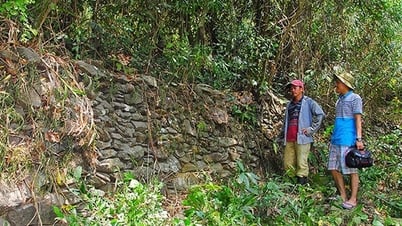






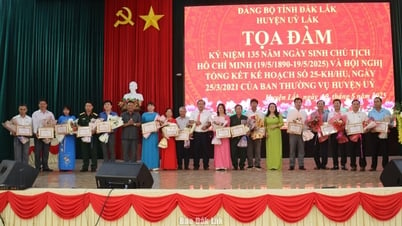

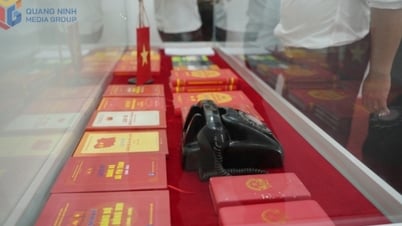
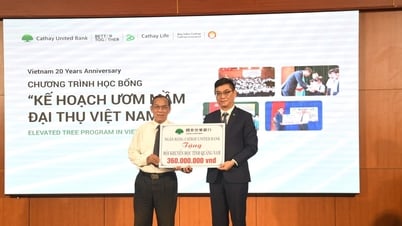



![[VIDEO] - Enhancing the value of Quang Nam OCOP products through trade connections](https://vphoto.vietnam.vn/thumb/402x226/vietnam/resource/IMAGE/2025/5/17/5be5b5fff1f14914986fad159097a677)








Comment (0)